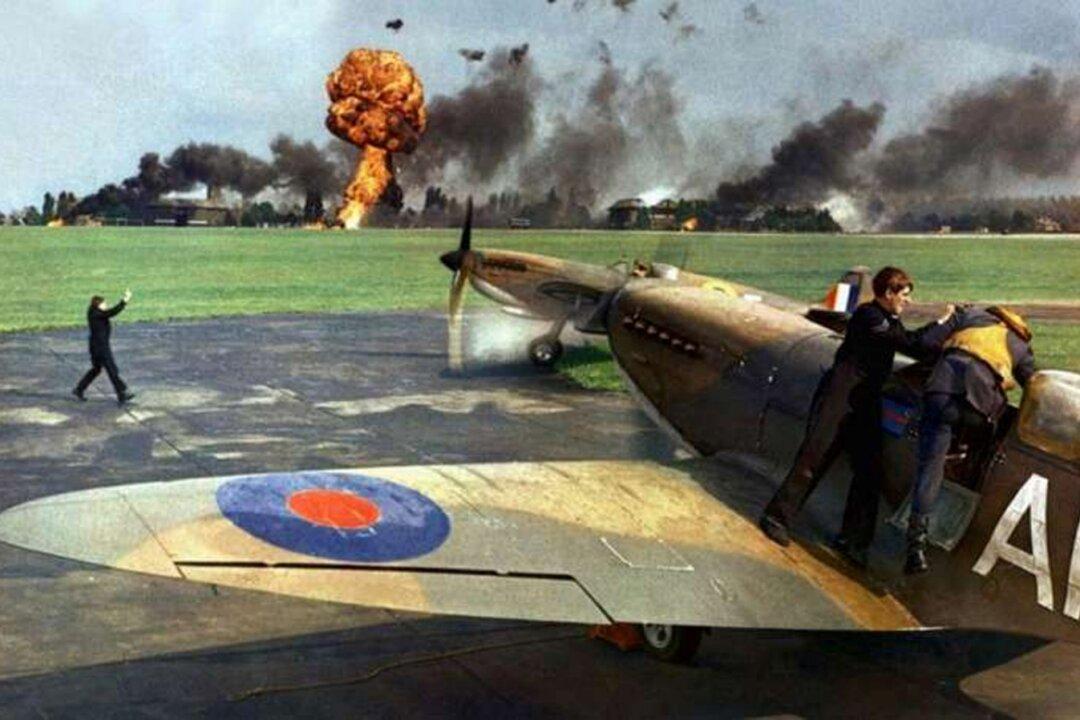G | 2h 12min | Action, Drama, History | 24 October 1969
British Prime Minister Winston Churchill once addressed members of the House of Commons back in June of 1940: “The ‘Battle of France’ is over. I expect that the Battle of Britain is about to begin.” The following month, Nazi Germany fulfilled Churchill’s prophetic statement and began unleashing its aerial onslaught upon Great Britain in earnest.






